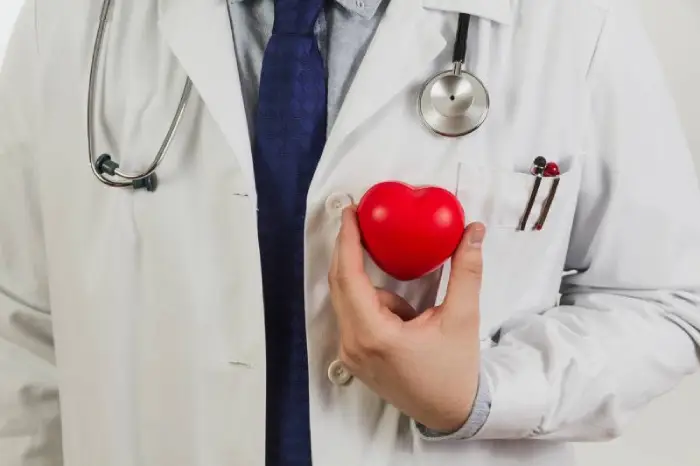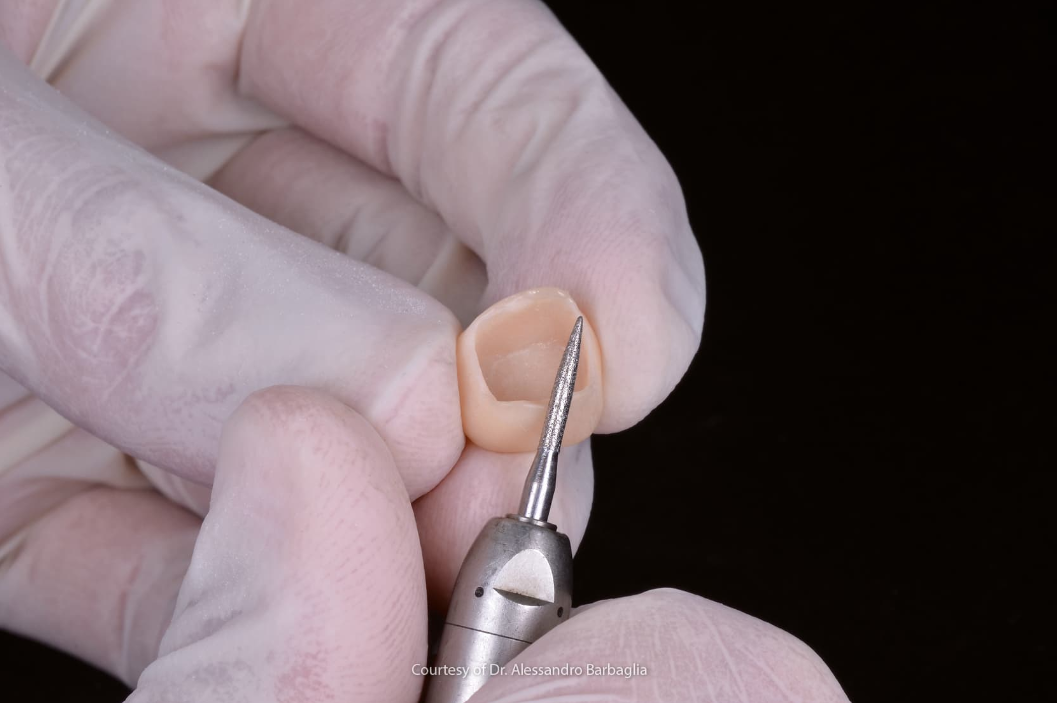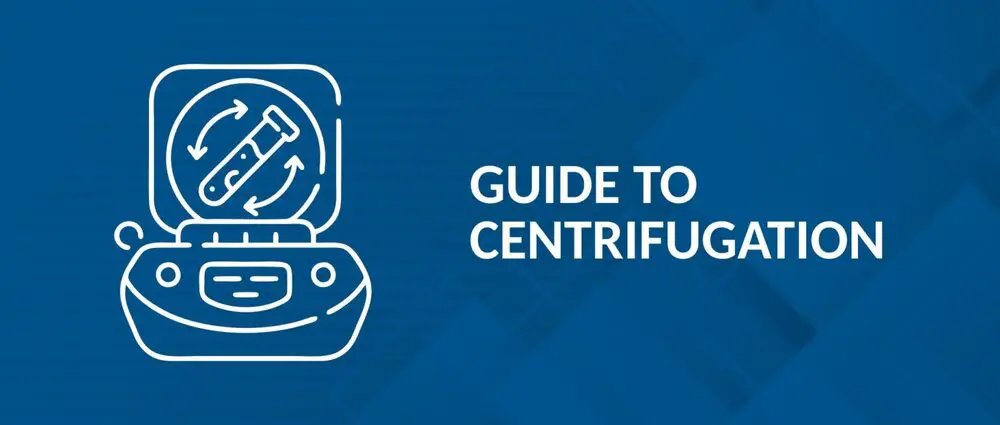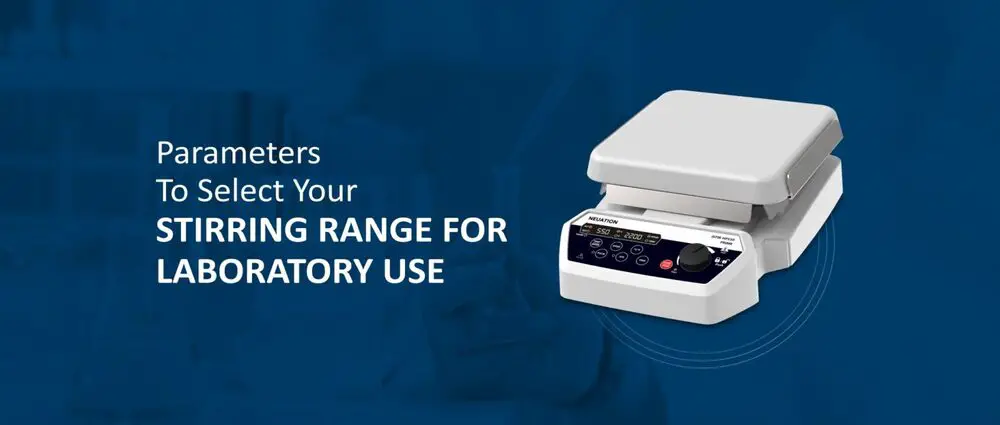The Right Way to Use Alcohol Swabs for First Aid
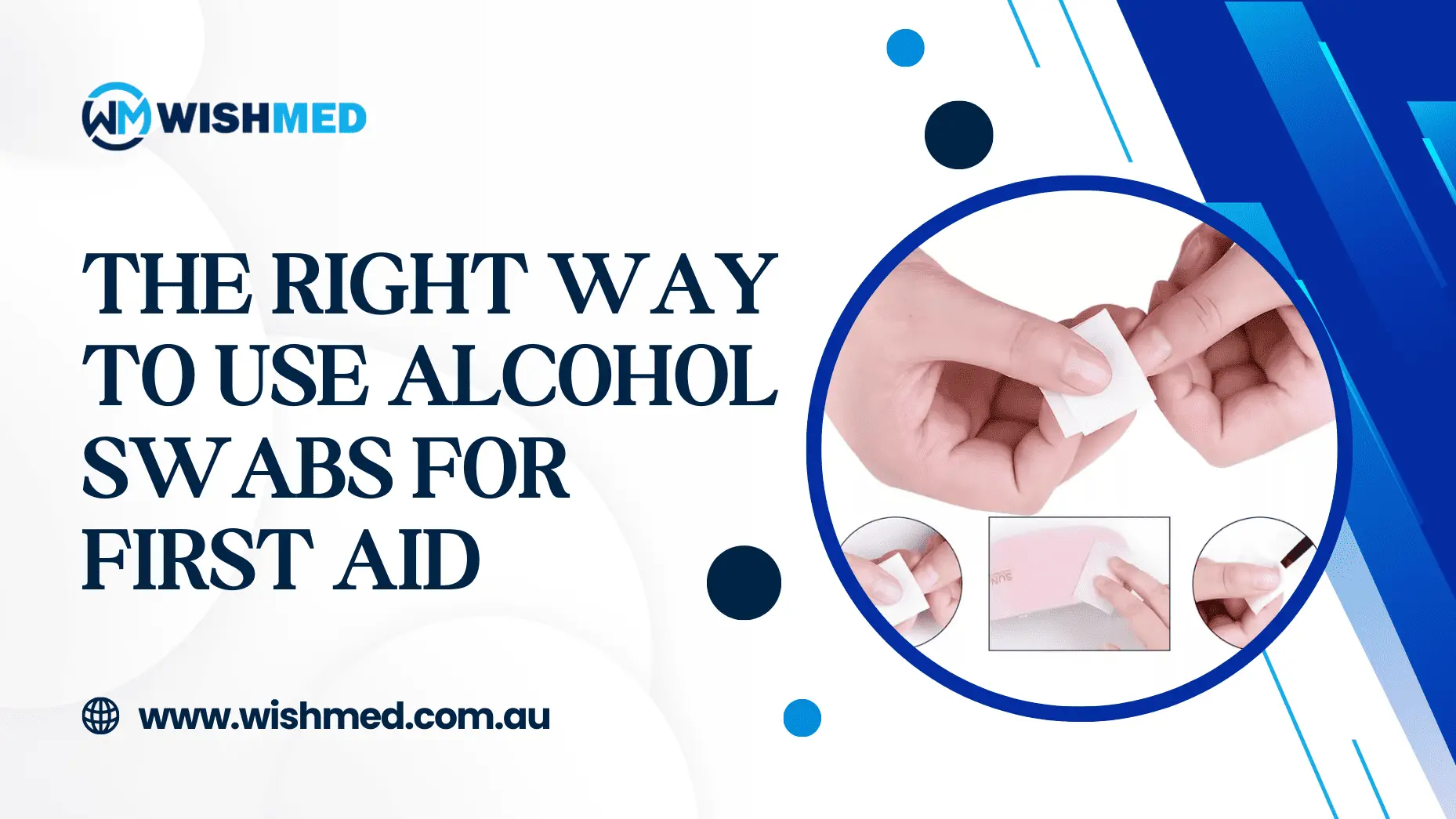 Diagnostic Equipment
Diagnostic Equipment
Alcohol swabs are common in first aid kits to clean skin before injection, stop infections and injuries. The strong isopropyl alcohol sanitiser of these tiny pads kills germs right away. Appropriately handled, alcohol wipes and swabs help to lower infection risk and guarantee efficient and safe healing for minor cuts or surgical operations. But you must know how to utilise them to maximise their advantages and minimise skin pain and injury. Here, you know about how alcohol swabs use in first aid and how to use it.
Why alcohol swabs are essential for first aid?
Alcohol swabs really help to lower infection risk. Their main responsibility is to prepare skin before needle punctures, injections, and other small medical operations. Especially isopropyl, alcohol destroys bacteria, fungus, and certain viruses therefore stopping the transmission of pathogens. Because of their simplicity and compactness, alcohol swabs quickly and effectively clean.. Many patients feel better when they see medicinal preparations handled appropriately, so alcohol swabs minimise concern. However, using these properly ensures they operate perfectly and don't cause issues.
When and how to use alcohol swabs?
Alcohol swabs are a quick and easy way to clean and destroy germs, so have them in your first aid box. It would help if you didn't use these little sterile pads for all mishaps or circumstances. Using alcohol wipes can improve their efficacy and safety. Here are some popular alcohol wipe uses:
Cleaning Skin Before Injections
Many individuals clean their skin with alcohol swabs before getting an injection. Alcohol swabs remove bacteria, dirt, and other contaminants from the skin before a vaccination, insulin, or other needle-based medical therapy. Alcohol swabs on the skin before inserting the needle reduce the quantity of germs at the injection site.
Before injecting, gently cleanse the skin in a circle around the injection site with an alcohol swab. After use, let the alcohol dry naturally. Alcohol kills bacteria better through evaporation, which prevents it from irritating or harming the skin as the needle enters.
Sterilising Minor Wounds
Alcohol wipes and Swabs help clean tiny wounds, scratches, and abrasions. An alcohol swab around the wound helps prevent infection. However, never apply alcohol to an open cut. Alcohol kills germs but hurts and stings injured flesh. Avoid rubbing alcohol directly on tiny cuts or scrapes since it can damage tissue and slow healing. Instead, clean the skin around the area. After cleansing, cover the area with a towel or wound care lotion to prevent re-contamination. See a doctor for deep or severe wounds.
Disinfecting Medical Equipment
At home or in emergencies, people disinfect medical instruments and surfaces with alcohol wipes. An Alcohol wipes and Swabs may clean thermometers, tweezers, knives, and phones. Alcohol dries fast, making it ideal for cleaning tiny, non-porous surfaces.
Use alcohol brushes to clean medical instruments, but avoid delicate or alcohol-sensitive items that might harm the surface. Alcohol may damage medical device plastics and coatings. In general, follow the manufacturer's cleaning guidelines to avoid damage. If the surface is not sensitive to alcohol, alcohol swabs can clean tables and shelves.
Personal Hygiene
If soap and water aren't available, alcohol swabs can clean hands and surfaces. While travelling, alcohol wipes can clean your hands, but they're less effective than washing them. They can also sanitise mobile phones, wallets, and door knobs you may touch in public.
Alcohol wipes shouldn't substitute handwashing, especially if you observe dirt or dust. Even while soap and water remove filth and pollutants better, alcohol-based hand sanitisers sanitisers destroy bacteria. Because of this, alcohol wipes can be effective in a hurry but should be OK with excellent hygiene in critical conditions.
Step-by-Step Guide: How to Use Alcohol Swabs Safely
To reduce skin pain and ensure alcohol swabs function for first aid, adopt a precise approach. Just follow these simple instructions to use alcohol swabs properly:
Step 1: Open the Alcohol Swab Sachet
Carefully open the alcohol swab packet. Many alcohol swabs include a tear strip on the outside for easy opening. Avoid touching the swab when opening the sachet. Doing so may introduce dirt or pathogens to the swab, making it less clean and practical. Only open the packaging from the clean side to keep the swab germ-free.
Step 2: Remove the Swab
Carefully open one box corner to remove the alcohol swab. Only open it when necessary. Handling it without purpose might be dirty and reduce its usefulness. Use many swabs to wipe a larger area, but treat each one separately to keep things clean.
Step 3: Clean the Affected Area
Wipe the affected skin gently with the wipe. Move the alcohol swab to cover a large area. This is crucial before a shot or wound cleansing. Avoid over-scrubbing or rubbing the skin to avoid irritation. The objective is to clean the skin thoroughly without pain or irritation.
Step 4: Let the Skin Dry
Alcohol should dry naturally after cleaning. Alcohol dissolves fast, but drying in the air kills skin bacteria and germs. If the package doesn't mention how long to wait for the product to dry, wait 30 seconds before delivering injections or applying bandages.
Step 5: Dispose of the Swab
After usage, discard the alcohol wipe. If it touches blood or an open wound, throw it away according to local hospital waste guidelines to prevent germs from spreading. Follow proper disposal practices to avoid illness and keep things clean.
Best Practices for Storing Alcohol Swabs
When stored properly, alcohol swabs will work when needed. Follow these crucial rules:
1. Keep Them in a Cool, Dry Place: Avoid direct sunshine and heat sources. Heat or water can degrade alcohol, making it less effective. They operate better and last longer when kept dry and cold.
2. Ensure Sealed Packaging: Alcohol wipes and Swabs come in sealed containers to keep them clean. Always keep the package intact. Broken packaging might introduce pathogens into the swabs or evaporate alcohol, leaving them worthless.
3. Store in an Accessible Location: Keep alcohol wipes in a first-aid kit or other accessible place. They should be secure and accessible in case of an emergency.
The Benefits of Alcohol Swabs
Alcohol wipes and Swabs destroy bacteria, making them valuable in medical and everyday contexts. Alcohol swabs destroy bacteria quickly, which is its finest feature. These wipes are useful for cleaning surfaces or preparing skin for medical treatments since their isopropyl alcohol kills germs. In an emergency, alcohol wipes clean hands and surfaces quickly and easily, reducing sickness risk.
Evaporation speed is one of alcohol swabs' finest features. Since alcohol dries quickly, the swab may clean skin or surfaces in seconds. This benefits medical scenarios like administering medications or emergency treatment. Alcohol is non-corrosive, so it won't harm skin or medical equipment.
In addition, alcohol wipes leave little mark, making them safer for patients and medical equipment. Many wipes decompose organically, which helps healthcare professionals decrease waste.
Conclusion
Alcohol wipes and Swabs clean skin quickly and prevent infections; every first aid bag should carry them. If appropriately used, alcohol swabs can reduce infection and discomfort and speed healing. Before a medical procedure, wipe your skin, let the alcohol dry, and dispose of leftover swabs properly. If you follow these principles, alcohol swabs can improve your health and safety at home, work, and on the road.
